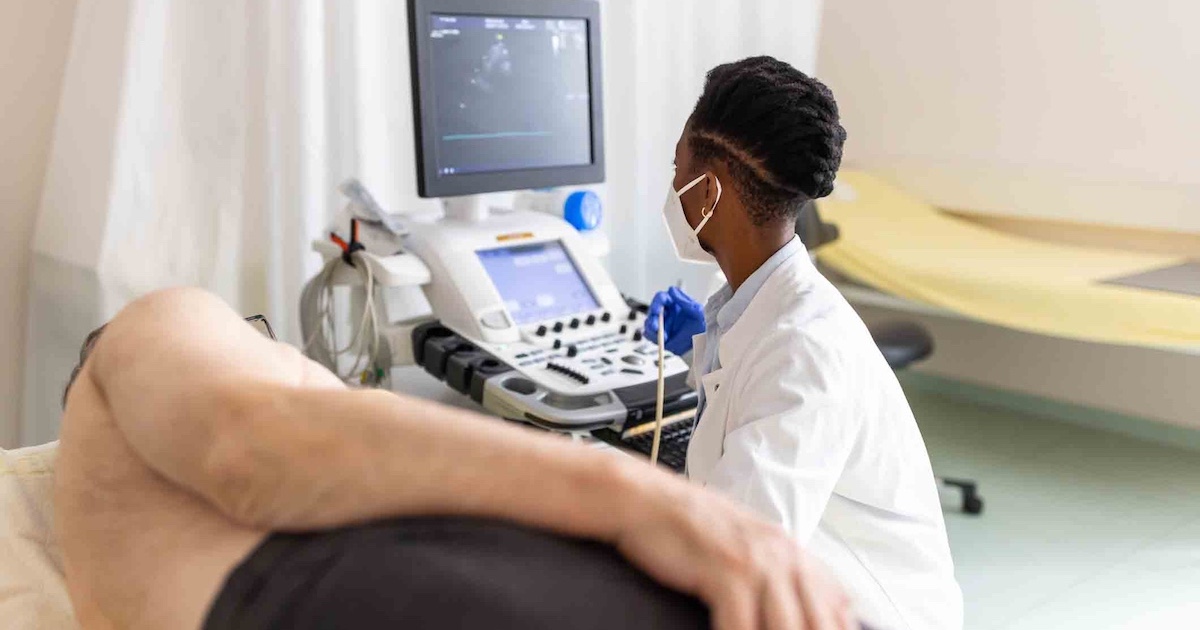The continued delay of final regulations on mobile medical applications from the U.S. Food and Drug Administration isn't making things easy for mHealth entrepreneurs. Without clear guidance, company execs don't know whether to seek certification as a medical device, skip the process and go ahead with product development or wait for the FDA to unveil the final draft.
The stakes are high. Go ahead with certification and you may spend tens of thousands of dollars for something you don't need. Skip it, and you might spend that much or more in fines, or cripple the company while you circle back for certification. Wait for the FDA, and you risk delaying a product launch and losing out on much-needed revenue.
"The risks of getting it wrong are substantial," says Ryan Minarovich, CEO and founder of The Tenzing Group, a consulting firm launched just this week to help guide companies eyeing FDA certification. "Many of (the companies) don't understand or really know the FDA process or the costs involved."
The FDA published its draft guidance back in 2011, setting a framework in place to decide which mobile medical applications should be regulated and which don't need the oversight. The initial draft spawned hundreds, if not thousands, of comments, with the expectation that the final draft will be amended to reflect those comments. Rumors had the FDA releasing that final draft in time for the 2012 mHealth Summit, then during the 2013 HIMSS conference, and now possibly October – or not.
In the meanwhile, the mHealth landscape continues to expand and innovate, with new devices and apps introduced to a consumer market aching to take more control over healthcare decisions. Some companies have gone ahead and had their products certified, while others have thrown caution to the wind and skipped the process. Industry insiders say many others are on the fence, unsure of what to do, and that's stifling meaningful innovation.
""Should we go ahead and innovate, or should we sit back and wait a couple of months?" asks Minarovich, who studied FDA regulations and EHRs while working with HIMSS and unveiled his company at VentureBeat's inaugural HealthBeat Conference this week in San Francisco. "Just having that knowledge, that mindset, built into (a company's) business model is important."
Another twist: What if a company goes ahead and markets a product, then finds out it needs FDA certification, and fails the approval process? The costs of pulling a product off the market, making the necessary adjustments and going through the approval process again could cripple or even destroy a company.
Bevey Minor, a former executive for Diversinet, Allscripts and Healthvision who serves as a principal and advisor for the Tenzing Group, said the advent of consumer-facing "lifestyle applications" like health and wellness apps makes the market even murkier for mHealth start-ups.
"In the past, those solutions were just thought of as consumer tools," she says, "but now they're finding a place" in the clinical workflow. Mobile medical app developers, she says, have to decide if their products can remain as consumer tools and survive in the market or work their way into the clinician's toolbag – and therefore require FDA oversight.
"They know they're sitting in a pretty precarious position," Minor says of those companies. "They are now on the fence … and they need guidance."
According to Minarovich, a company partnering with the Tenzing Group will receive a TNZ Report, which analyzes the company's objectives, business practices and strategy; examines how the FDA has or would review the company's product(s); summarizes how the company's long-term goals match up with FDA regulations; and recommends how the company should proceed.
The report is geared toward not only mHealth companies, but venture capitalists, start-up accelerators and angel investors as well – many of whom, Minarovich says, have been hesitant to enter the space because of the uncertainty around FDA regulations.
"Basically, we're an information service," he says.
Among the Tenzing Group's clients is m-Health Technologies (MHT), a Menlo Park, Calif.-based developer of HIPAA-compliant applications designed to enable companies to adopt mobility and BYOD platforms.
"We are pleased to be working with the Tenzing Group and we are impressed with the knowledge and background the company has to help guide us through FDA classification understanding," said Scott Jenkins, the company's CEO, in a release provided by the Tenzing Group. "Having a specialized practice on the challenges of both mobile and healthcare makes the Tenzing Group unique in this field."


